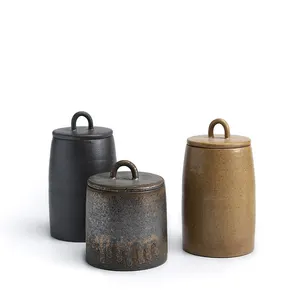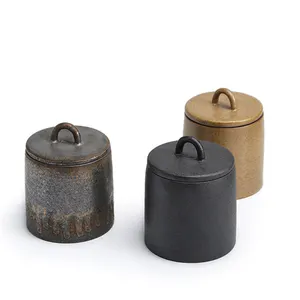Introduction to Old Food Containers
Old food containers are not just relics of the past; they serve a vital role in sustainability and efficient food storage. Often made from durable materials, these containers can withstand various conditions and are perfect for organizing leftovers, meal prepping, or even craft storage. Understanding the types, applications, and advantages of old food containers can revolutionize how you manage food waste while maintaining an organized kitchen.
Types of Old Food Containers
Old food containers come in various forms, each designed to cater to specific needs and functionalities. Below, we explore some common types:
- Glass Jars: Ideal for preserving food such as jams, sauces, and pickles. They offer durability and do not retain odors or stains.
- Plastic Tupperware: Lightweight and versatile, Tupperware allows for microwave and dishwasher use, making it convenient for everyday storage.
- Metal Containers: Perfect for long-term storage and great for items that need a seal to prolong shelf-life, such as grains or pasta.
- Throwaway Containers: Often made of disposable materials, these are best for one-time use but can be reused if cleaned properly.
Applications of Old Food Containers
The versatility of old food containers extends far beyond mere food storage. They can be creatively repurposed in various scenarios, including:
- Meal Prepping: Use containers to portion out meals for the week, helping you save time and reduce food waste.
- Craft Storage: Old food containers are excellent for organizing craft supplies like buttons, beads, and paint.
- Garden Use: Transform some containers into planters for herbs or small flowers to beautify your space and recycle at the same time.
- Travel Companion: Use smaller containers to carry snacks on-the-go, perfect for picnics or road trips.
Advantages of Using Old Food Containers
Utilizing old food containers presents a multitude of advantages that contribute to both personal convenience and environmental sustainability.
- Cost-Effective: Repurposing containers saves money since you won't need to purchase new storage solutions.
- Sustainable Choice: Reusing containers minimizes landfill waste and promotes an eco-friendly lifestyle.
- Diverse Functionalities: They can store liquids, solids, and even serve as insulation for transporting warm or cold items.
- Durability: Many old containers, particularly glass and metal, are made to last, thus reducing the need for frequent replacements.






















































